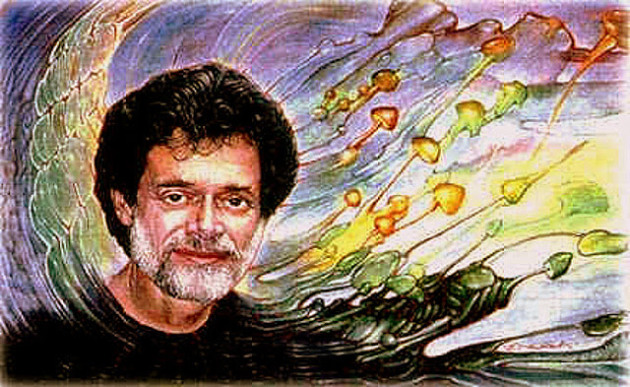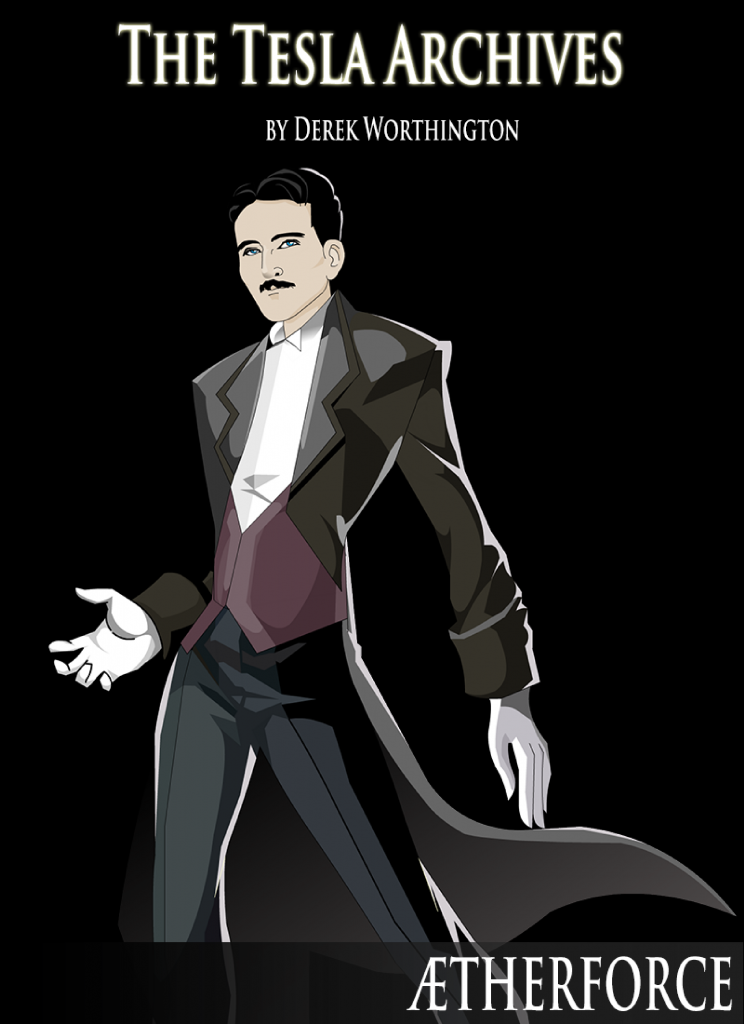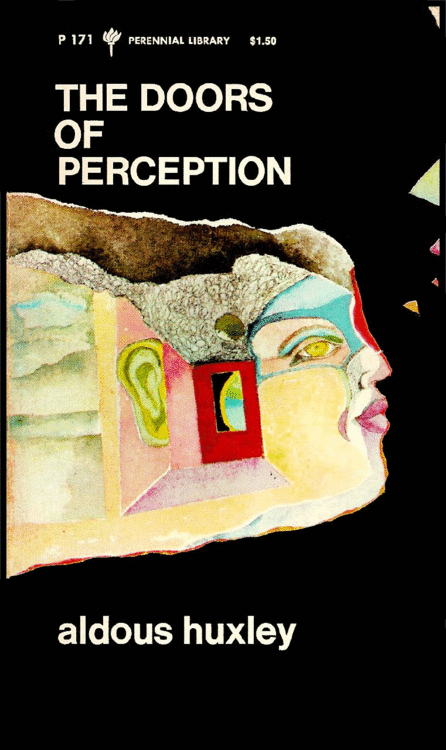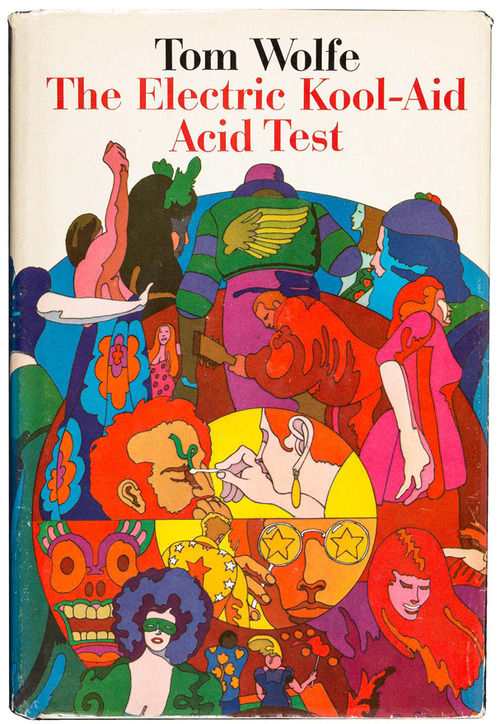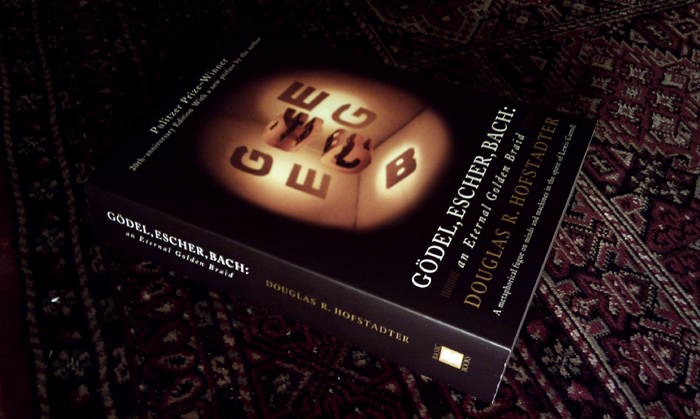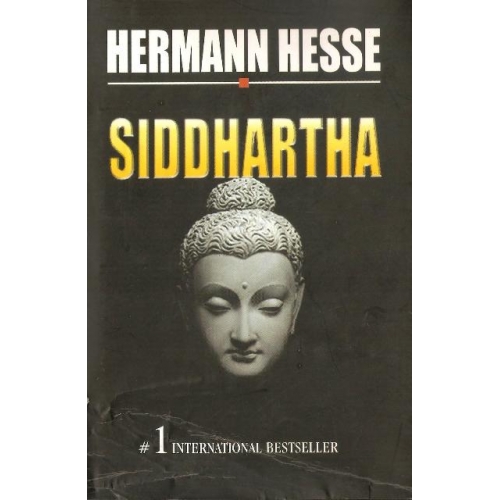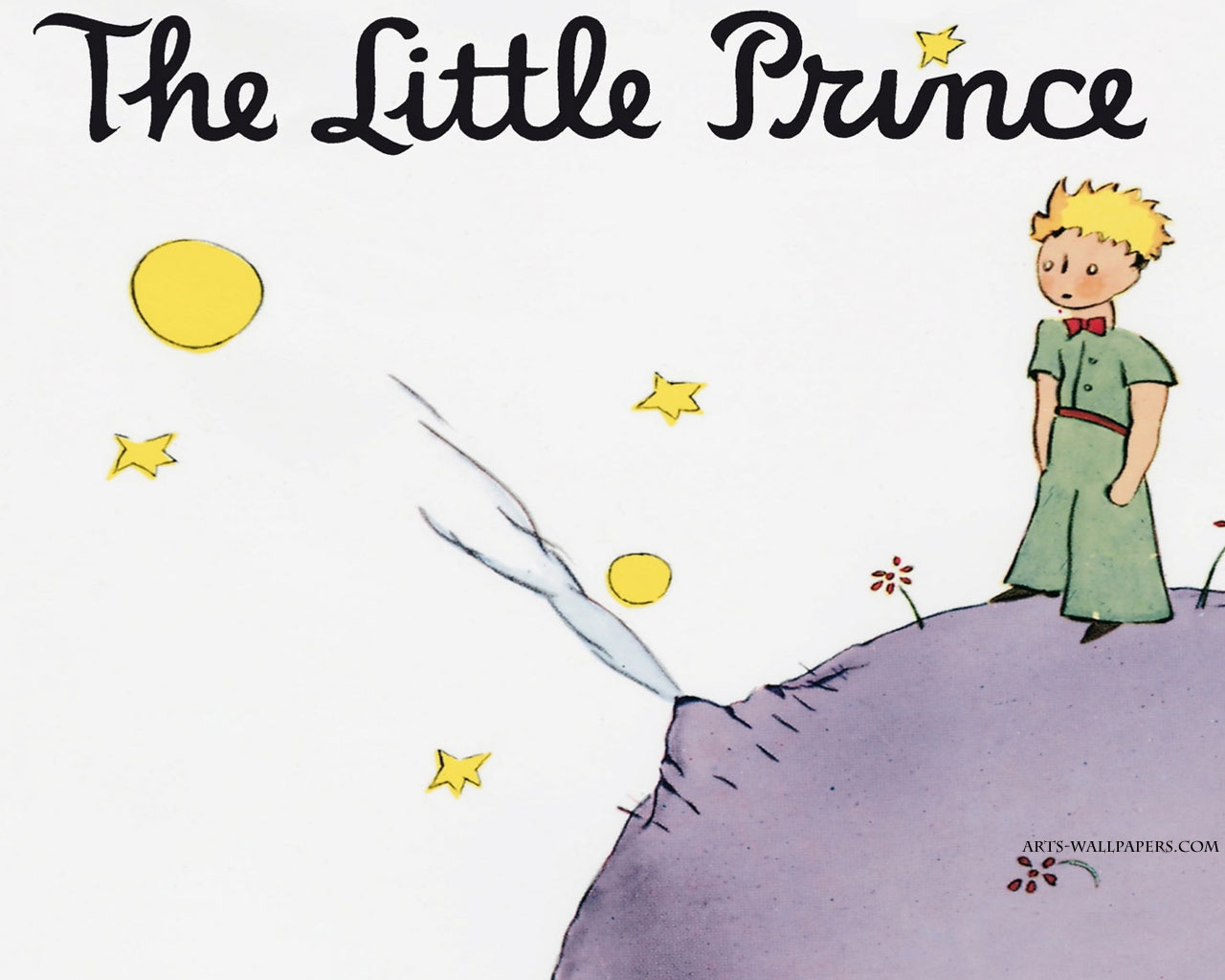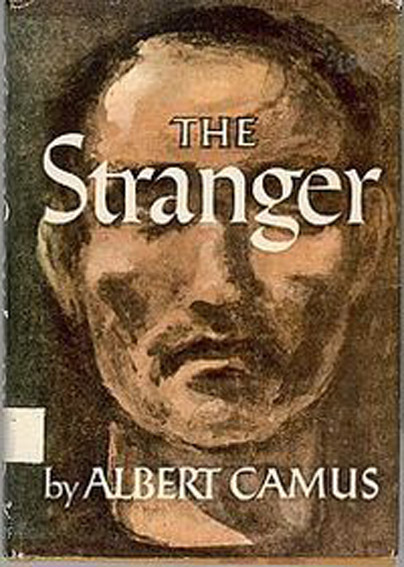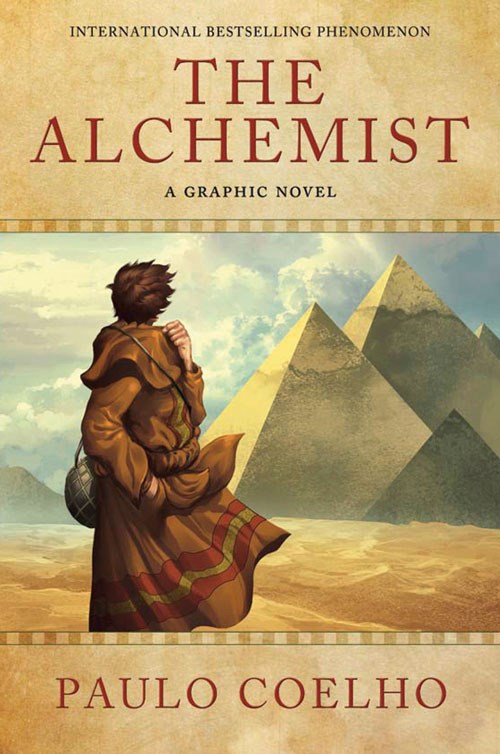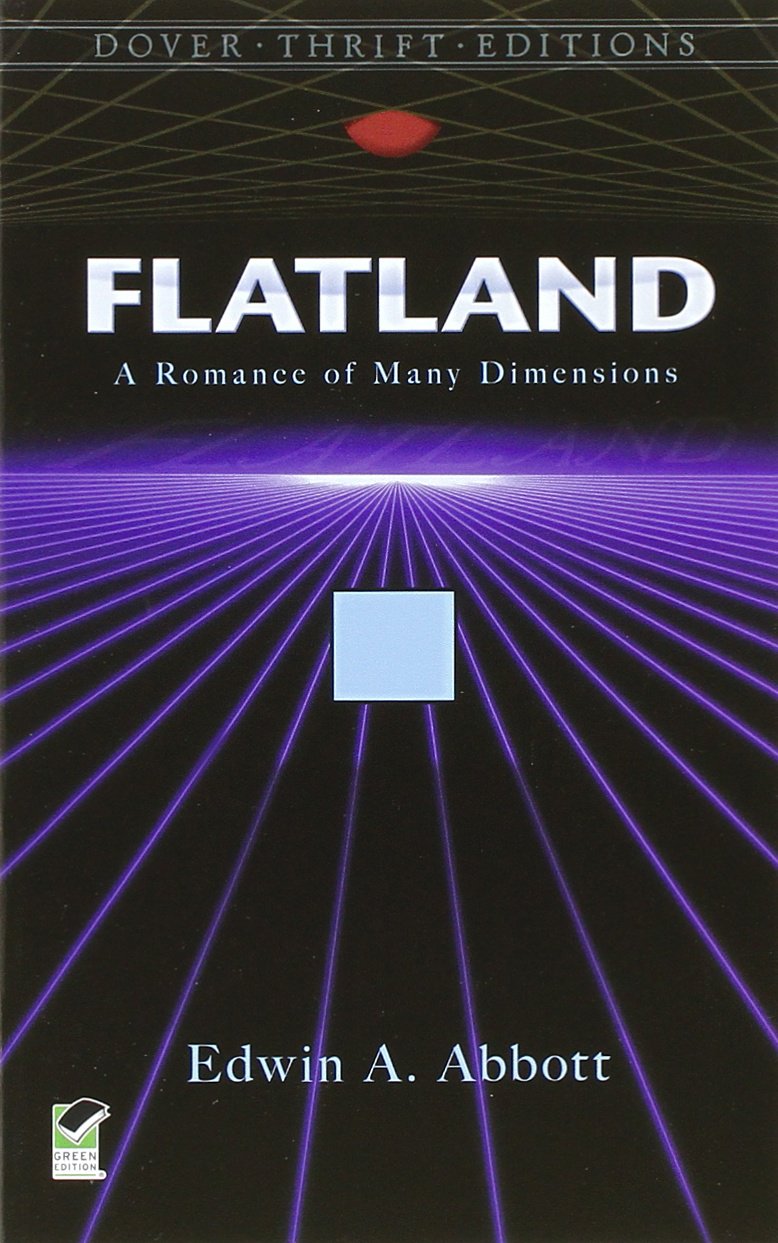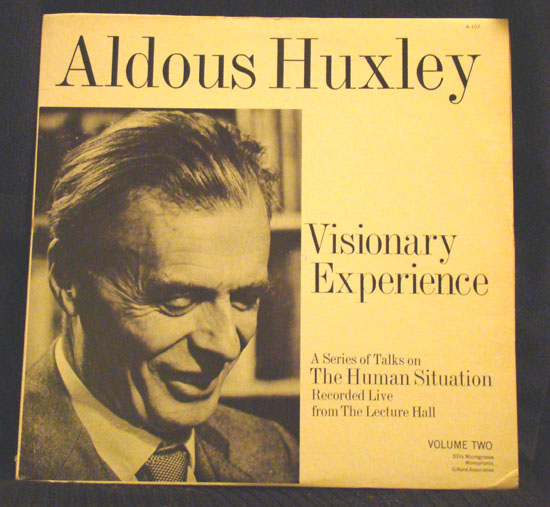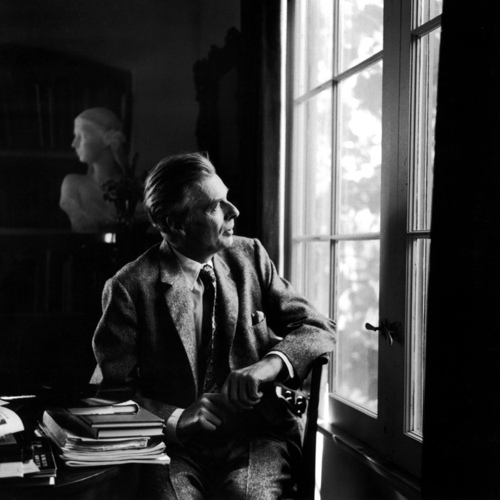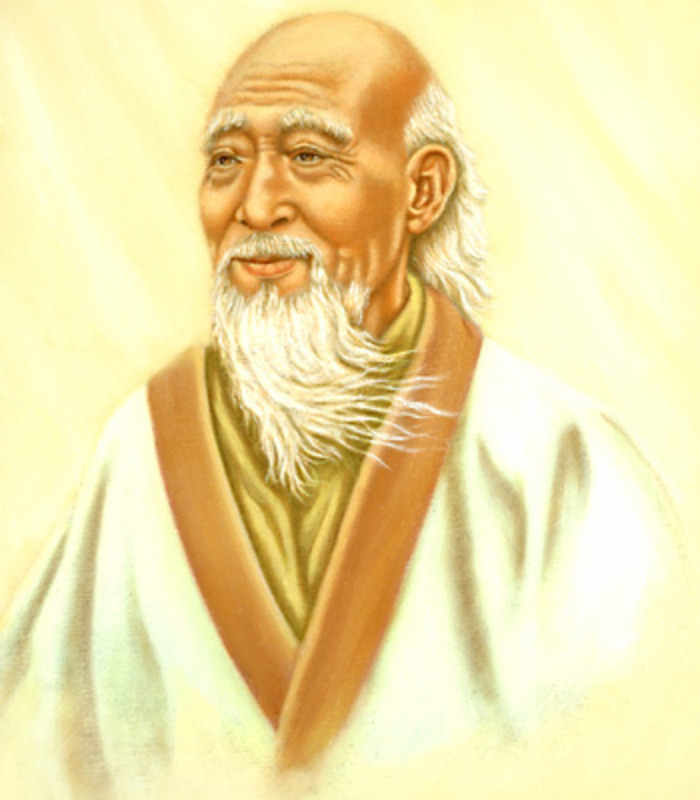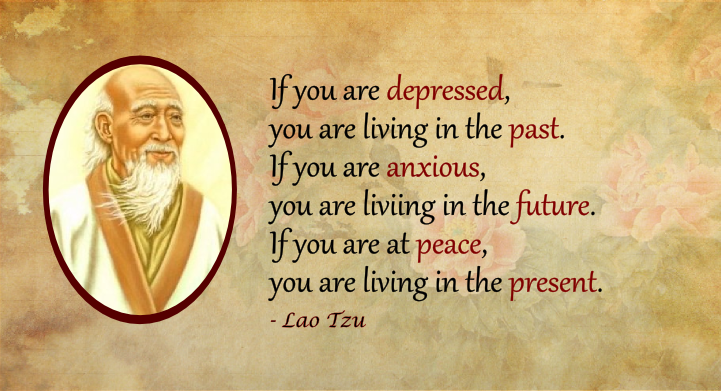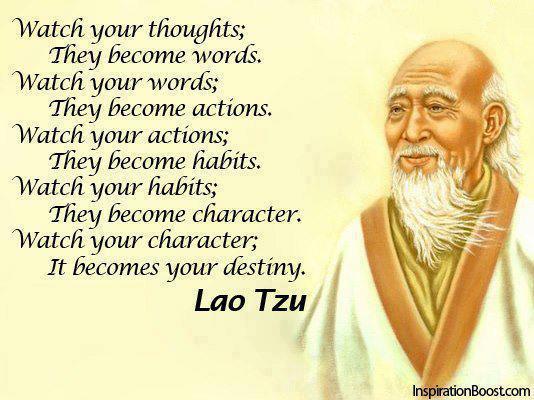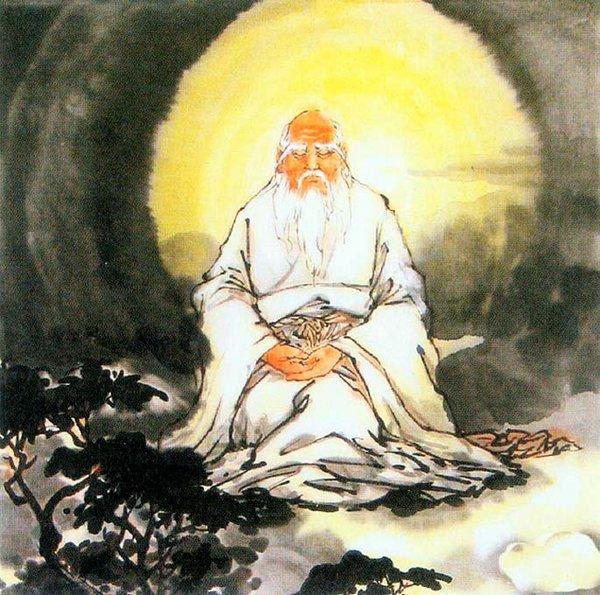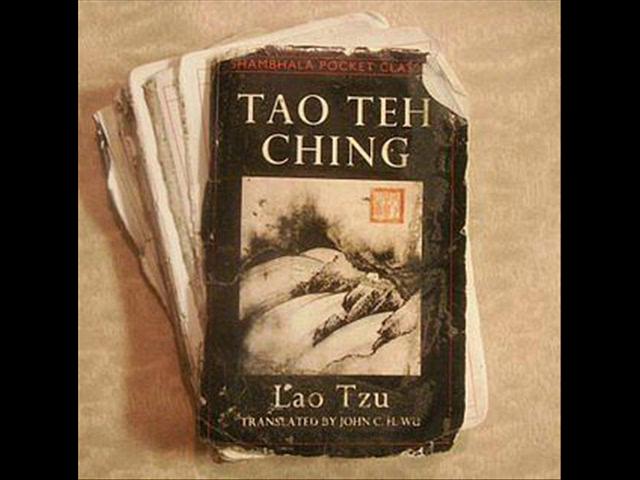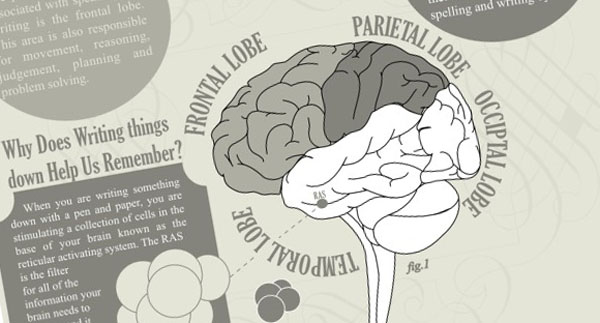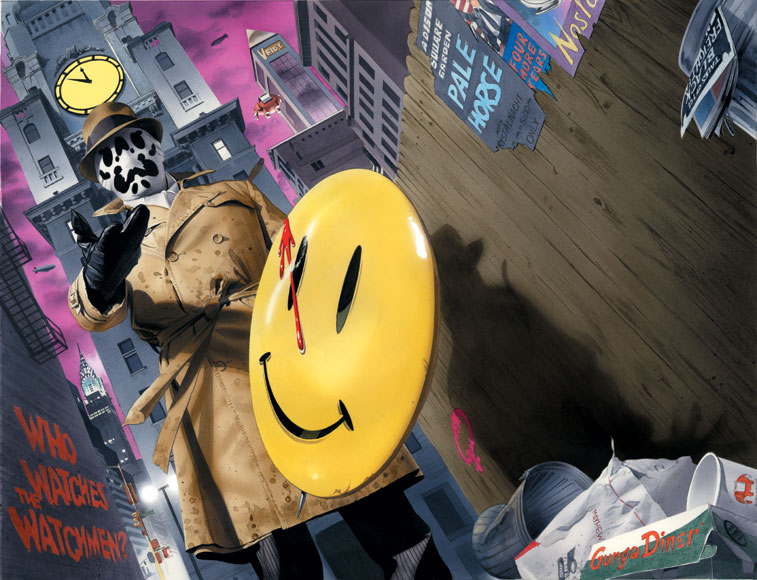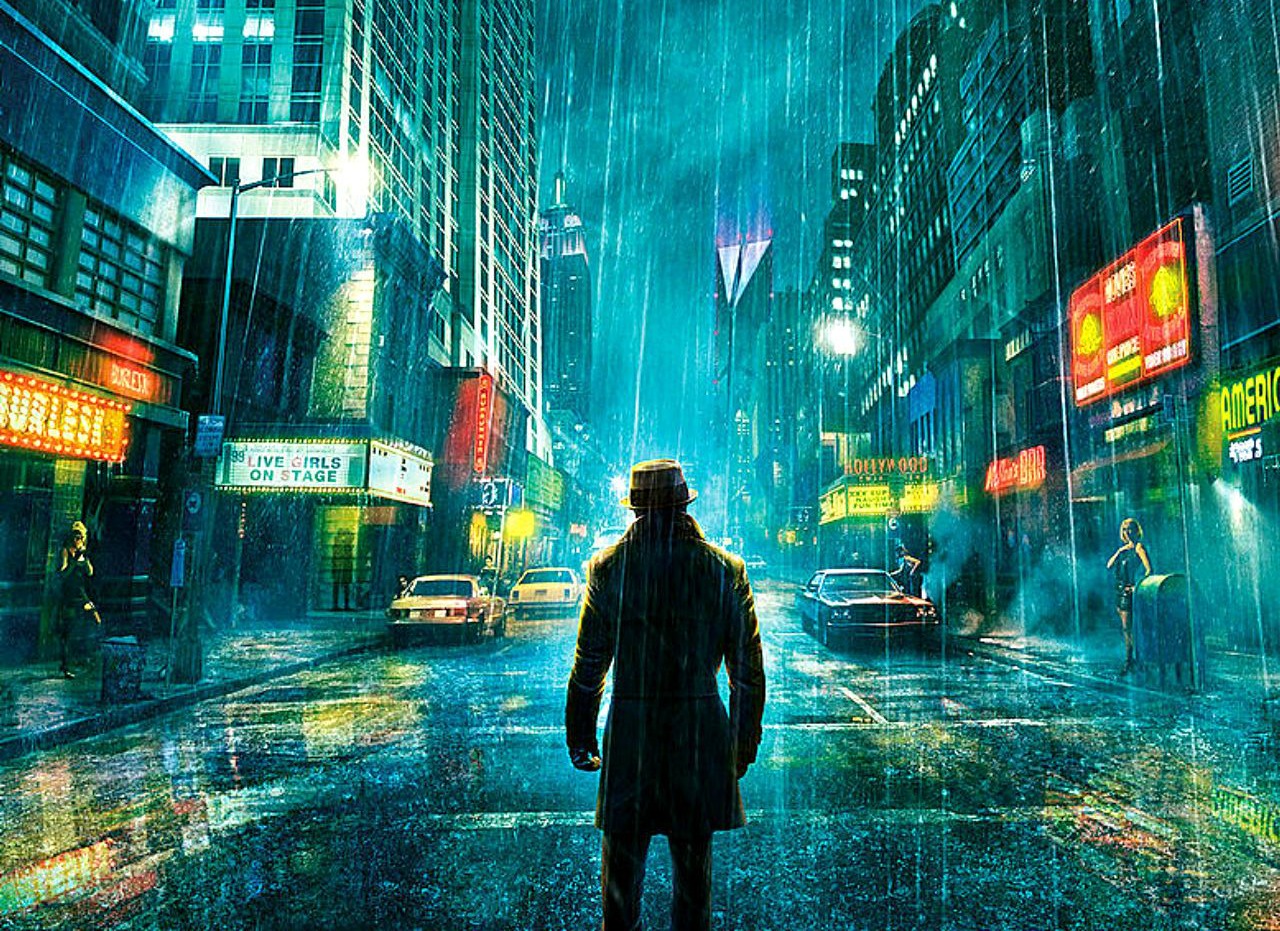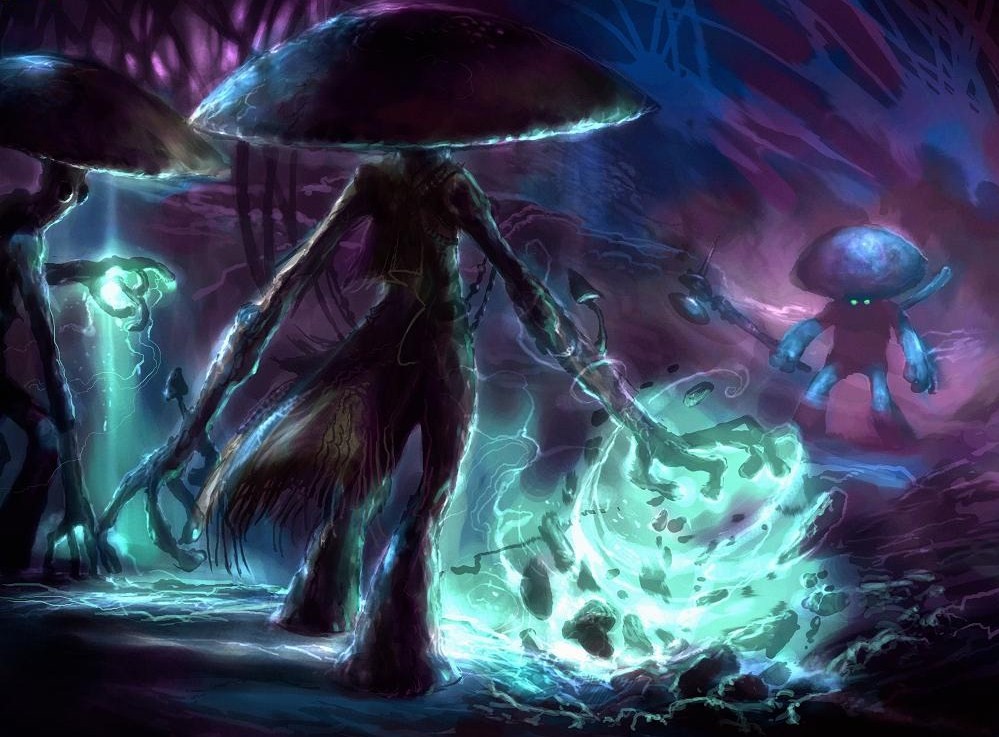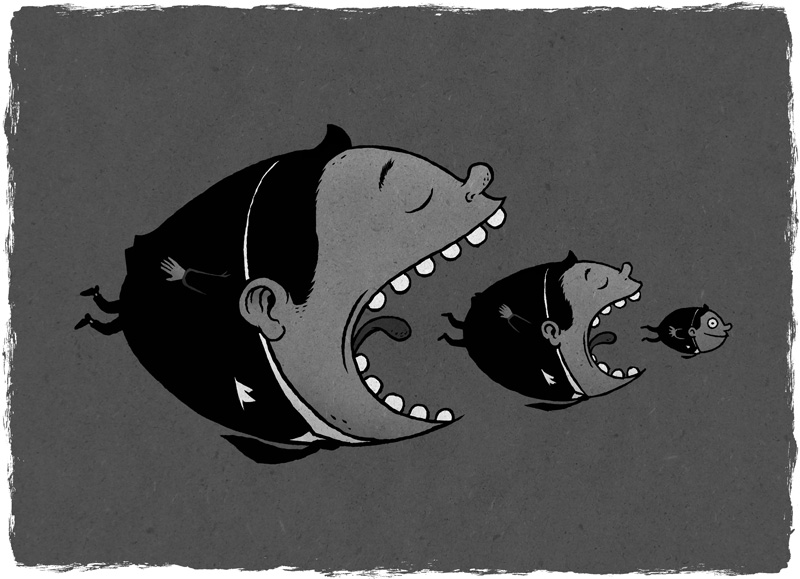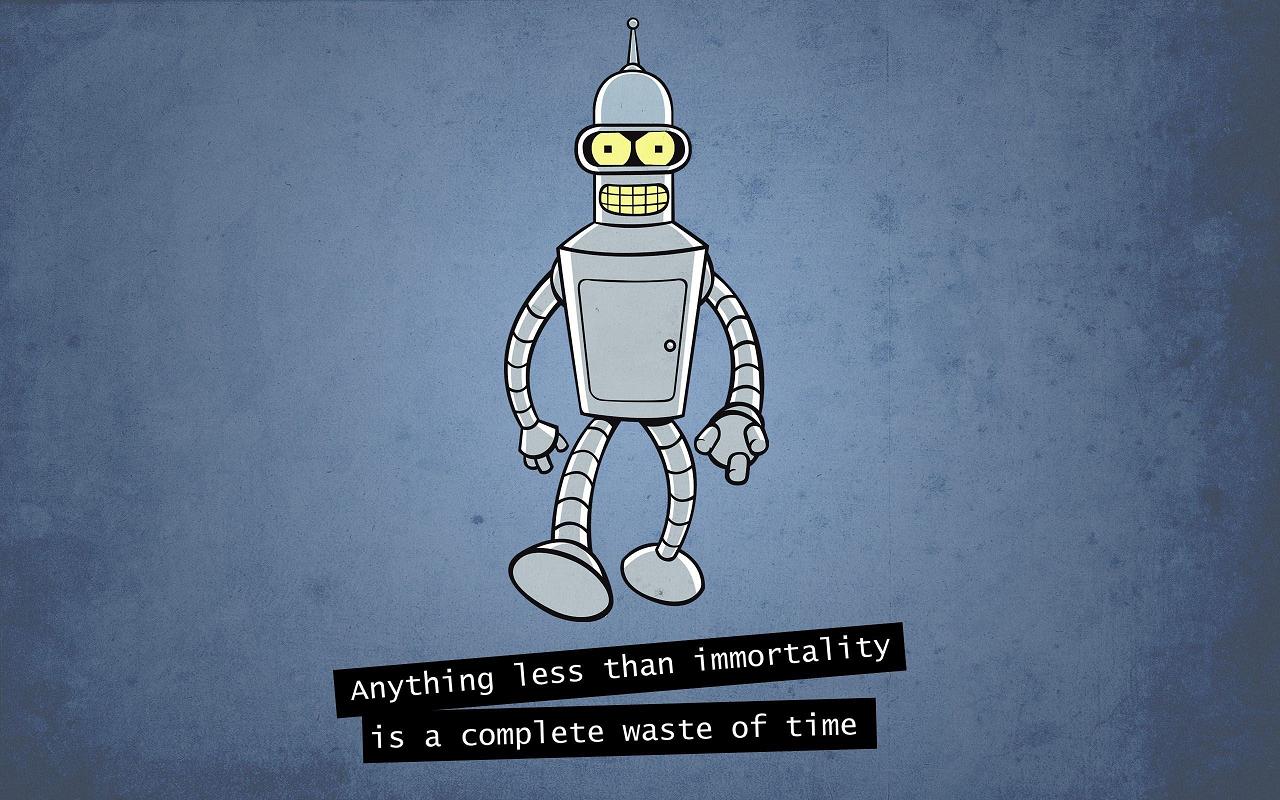You can create the most interesting character in the world, but without an equally interesting plot, the audience will not want to spend 90-120 minutes with that person.
In a properly structured movie, the story consists of six basic stages, which are defined by five key turning points in the plot. Not only are these turning points always the same; they always occupy the same positions in the story. So what happens at the 25% point of a 90-minute comedy will be identical to what happens at the same percentage of a three-hour epic.
Since one script page equals about one minute on the screen, the 75% mark of a 120-page screenplay will occur at page 90, or about 90 minutes into the two-hour film.
As we explain this six-stage process below, we’ll refer to dozens of successful films, but we also want to take a famous blockbuster Gladiator through this entire structural process.
Script Outline – STAGE I: The Setup
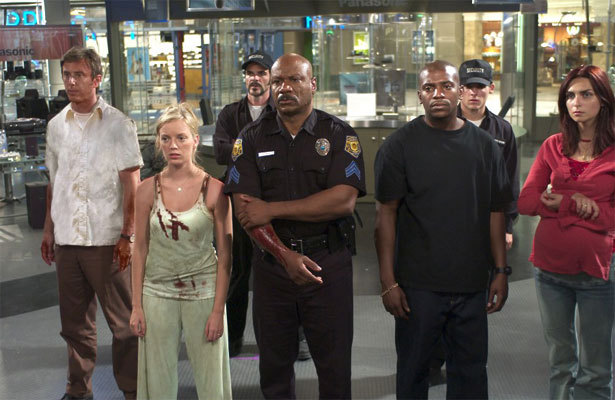 The opening 10% of your screenplay must draw the audience, into the initial setting of the story, must reveal the everyday life your hero has been living, and must establish identification with your hero by making her sympathetic, threatened, likable, funny and/or powerful.
The opening 10% of your screenplay must draw the audience, into the initial setting of the story, must reveal the everyday life your hero has been living, and must establish identification with your hero by making her sympathetic, threatened, likable, funny and/or powerful.
Gladiator: Maximus, Rome’s most powerful, and most popular, general, leads his troops to victory in their final battle.
Similarly, Bowfinger humorously reveals the sad existence of a good hearted but hapless director hustling to get a movie off the ground.
These setups pull us out of our own existence and into the captivating world the screenwriter has created. The first image introduces your story to your audience. Ideally, the first image is a visual representation of your entire story, especially its theme.
TURNING POINT #1: The Opportunity (10%)
Ten percent of the way into your screenplay, your hero must be presented with an opportunity, which will create a new, visible desire, and will start the character on her journey.
Gladiator: Maximus is offered a reward by Emperor Marcus Aurelius, and he says he wants to go home.
This is the point where Neo is taken to meet Morpheus and wants to learn about The Matrix.
Notice that the desire created by the opportunity is not the specific goal that defines your story concept, or the finish line your hero must cross at the end of the film. It is rather a desire to move into the new situation.
Script Outline – STAGE 2: The New Situation
 For the next 15% of the story, your hero will react to the new situation that resulted from the opportunity. During this stage, the hero gets acclimated to the new surroundings, tries to figure out what’s going on, or formulates a specific plan for accomplishing his overall goal.
For the next 15% of the story, your hero will react to the new situation that resulted from the opportunity. During this stage, the hero gets acclimated to the new surroundings, tries to figure out what’s going on, or formulates a specific plan for accomplishing his overall goal.
Gladiator: Maximus is asked by the dying Emperor to take control of Rome and give it back to the people, in spite of the ambition of his son Commodus.
In Liar, Liar, Fletcher has to figure out that he’s been cursed to tell the truth.
Very often story structure follows geography, as the opportunity takes your hero to a new location: boarding the cruise ships in Titanic and The Talented Mr. Ripley; going to Cincinnati to bury his father in Rain Man; the President taking off on Air Force One.
In most movies, the hero enters this new situation willingly, often with a feeling of excitement and anticipation, or at least believing that the new problem he faces can be easily solved. But as the conflict starts to build, he begins to realize he’s up against far greater obstacles than he realized, until finally he comes to…
TURNING POINT #2: The Change of Plans (25%)
Something must happen to your hero one-fourth of the way through your screenplay that will transform the original desire into a specific, visible goal with a clearly defined end point.
Gladiator: Maximus, after learning that Commodus has murdered his father, vows to stop the new emperor and carry out Marcus Aurelius’ wishes.
This is the scene where your story concept is defined, and your hero’s outer motivation is revealed.
Outer motivation is a term for the visible finish line the audience is rooting for your hero to achieve by the end of the film. This is what we’re rooting for, and we know that when the hero has accomplished this goal (or failed to), the movie will be over.
This is arguably the most important structural principle you can master. If your hero’s visible goal is defined too early in your script, the story will run out of steam long before the climax. If the outer motivation isn’t defined until the half way point, the reader will have lost interest and moved on to another screenplay.
On rare occasions, the outer motivation is declared at the 10% mark, but the plan for accomplishing the goal won’t be defined, and no action will be taken, until the one-quarter mark. It is at that point that your hero begins to experience…
Script Outline – STAGE 3: Progress
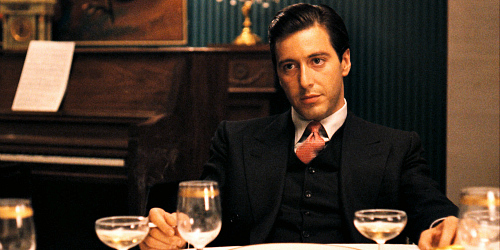 For the next 25% of your story, your hero’s plan seems to be working as he takes action to achieve his goal: Ethan Hunt begins closing in on the villain in Mission: Impossible 2; or Pat gets involved with the woman of his dreams in There’s Something About Mary.
For the next 25% of your story, your hero’s plan seems to be working as he takes action to achieve his goal: Ethan Hunt begins closing in on the villain in Mission: Impossible 2; or Pat gets involved with the woman of his dreams in There’s Something About Mary.
Gladiator: Maximus is taken to be killed, escapes to find his family murdered, and is captured and sold to Proximo, who makes him a powerful gladiator.
This is not to say that this stage is without conflict. This stage changes the entire direction of your story. For example, in a “good vs evil” type story, the good forces have experienced setback after setback. But at the midpoint, something happens that changes their fortunes for the better. For the first time, success seems like a possibility.
In a comedy or drama where people of different personalities are thrown together, the midpoint marks the moment where they stop seeing each other as enemies, usually by accomplishing a minor, but important, goal together.
But whatever obstacles your hero faces, he is able to avoid or overcome them as he approaches…
TURNING POINT #3: The Point of No Return (50%)
At the exact midpoint of your screenplay, your hero must fully commit to her goal. Up to this point, she had the option of turning back, giving up on her plan, and returning to the life she was living at the beginning of the film. But now your hero must burn her bridges behind her and put both feet in.
Gladiator: Maximus arrives in Rome, determined to win the crowd as a Gladiator so he can destroy Commodus.
It is at precisely this moment that Thelma and Louise rob the grocery store or when Truman crosses the bridge in The Truman Show. These heroes are taking a much bigger risk, and exposing themselves to much greater jeopardy, than at any previous time in those films.
As a result of passing this point of no return, your hero must now face…
Script Outline – STAGE 4: Complications and Higher Stakes
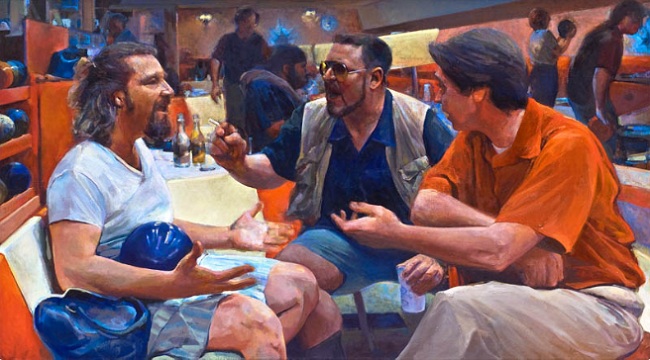 For the next 25% of your story, the obstacles become bigger and more frequent, achieving the visible goal becomes far more difficult, and your hero has much more to lose if he fails. After Mitch McDeere begins collecting evidence against The Firm at that movie’s midpoint, he now must hide what he’s doing from both the mob and the FBI (complications), and failure will result in either prison or death (higher stakes).
For the next 25% of your story, the obstacles become bigger and more frequent, achieving the visible goal becomes far more difficult, and your hero has much more to lose if he fails. After Mitch McDeere begins collecting evidence against The Firm at that movie’s midpoint, he now must hide what he’s doing from both the mob and the FBI (complications), and failure will result in either prison or death (higher stakes).
Gladiator: Maximus faces much greater battles in the arena, becomes a hero to the Roman people, and reveals his true identity to Commodus.
The conflict continues to build until, just as it seems that success is within your hero’s grasp, he suffers…
TURNING POINT #4: The Major Setback (75%)
Around page 90 of your screenplay, something must happen to your hero that makes it seem to the audience that all is lost: Carol dumps Melvin in As Good As It Gets; Morpheus is captured in The Matrix; ” If you’re writing a romantic comedy, this is the point where your hero’s deception is revealed and the lovers break up.
Gladiator: Maximus, declaring he is only a gladiator with no power, refuses to see Gracchus, the leader of the Senate, and Commodus plots to destroy both Maximus and the Senate.
These disastrous events leave your hero with only one option. He can’t return to the life he was living at the beginning of the film, since he eliminated that possibility when he passed the point of no return. And the plan he thought would lead to success is out the window. So his only choice is to make one, last, all-or-nothing, do-or-die effort as he enters…
Script Outline – STAGE 5: The Final Push
 Beaten and battered, your hero must now risk everything she has, and give every ounce of strength and courage she possesses, to achieve her ultimate goal: Thelma and Louise must outrun the FBI to reach the border; and the Kennedy’s must attempt one final negotiation with the Soviets in 13 Days.
Beaten and battered, your hero must now risk everything she has, and give every ounce of strength and courage she possesses, to achieve her ultimate goal: Thelma and Louise must outrun the FBI to reach the border; and the Kennedy’s must attempt one final negotiation with the Soviets in 13 Days.
Gladiator: Maximus conspires to escape from Proximo, lead his former troops against Commodus, and give power over Rome to the Senate.
During this stage of your script, the conflict is overwhelming, the pace has accelerated, and everything must work against your hero, until she reaches…
TURNING POINT #5: The Climax (90-99%)
Several things must occur at the climax of the film: the hero must face the biggest obstacle of the entire story; she must determine her own fate; and the outer motivation must be resolved once and for all. This is the big moment where our heroes go into the Twister; the Men In Black go up against the giant alien, and the Jewish factory workers make their escape in Schindler’s List.
Gladiator: Maximus has his final battle with Commodus in the arena.
If he has a tragic flaw, in the climax, he demonstrates that he has overcome it. All the lessons he learned during the second act will pay off in the climax.Notice that the climax can occur anywhere from the 90% point of your screenplay to the last couple minutes of the movie. The exact placement will be determined by the amount of time you need for…
Script Outline – STAGE 6: The Aftermath
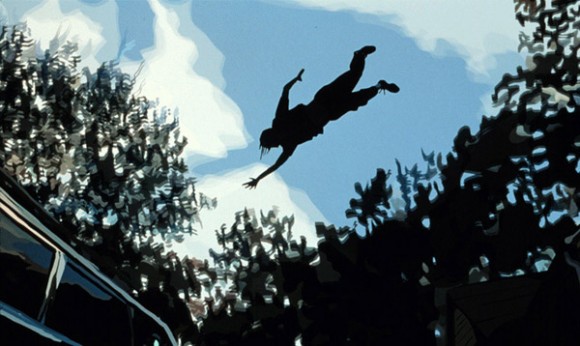 No movie ends precisely with the resolution of the hero’s objective; you must allow the audience to experience the emotion you have elicited in the exciting, sad or romantic climax. You may also need to explain any unanswered questions for the audience, and you want to reveal the new life the hero is living now that he’s completed his journey.
No movie ends precisely with the resolution of the hero’s objective; you must allow the audience to experience the emotion you have elicited in the exciting, sad or romantic climax. You may also need to explain any unanswered questions for the audience, and you want to reveal the new life the hero is living now that he’s completed his journey.
Gladiator: Maximus is united with his family in death, and his body carried away in honor by the new leaders of the Roman republic.
In movies like Rocky, Thelma and Louise and The Truman Show, there is little to explain, and the writer’s goal is to leave the audience stunned or elated. So the climax occurs near the very end of the film. But in most romantic comedies, mysteries and dramas, the aftermath will include the final five or ten pages of the script.
Your closing image is your last contact with your audience, so make it strong. A good closing image, like the spinning top in Inception, can even change our interpretation of the entire ending.

Understanding these stages and turning points provides you with an effective template for developing and writing your screenplay. Is your story concept defined at the one-quarter mark? Is your hero’s goal truly visible, with a clearly implied outcome, and not just an inner desire for success, acceptance or self worth? Have you fully introduced your hero before presenting her with an opportunity around page 10? Does she suffer a major setback 75% of the way into your script?
But a word of caution: don’t let all these percentages block your creativity. Structure is an effective tool for rewriting and strengthening the emotional impact of your story. But you don’t want to be imprisoned by it. Come up with characters you love and a story that ignites your passion. Then apply these structural principles, to ensure that your screenplay will powerfully touch the widest possible audience.
> The Five Key Turning Points Of All Successful Movie Scripts | Movie Outline


